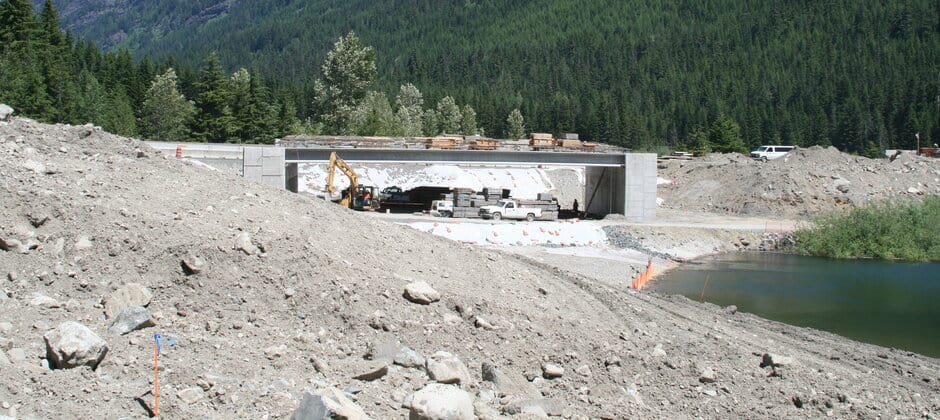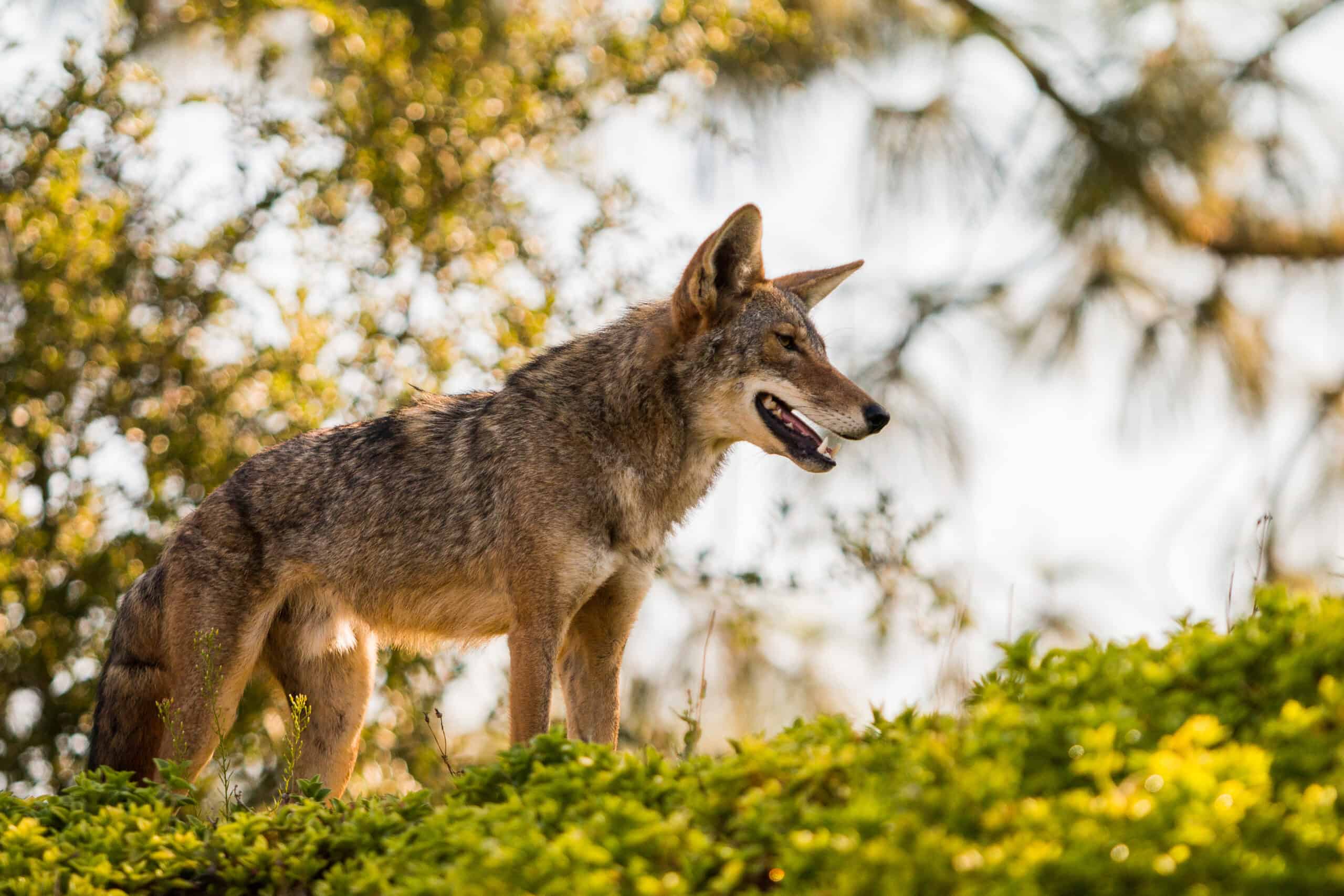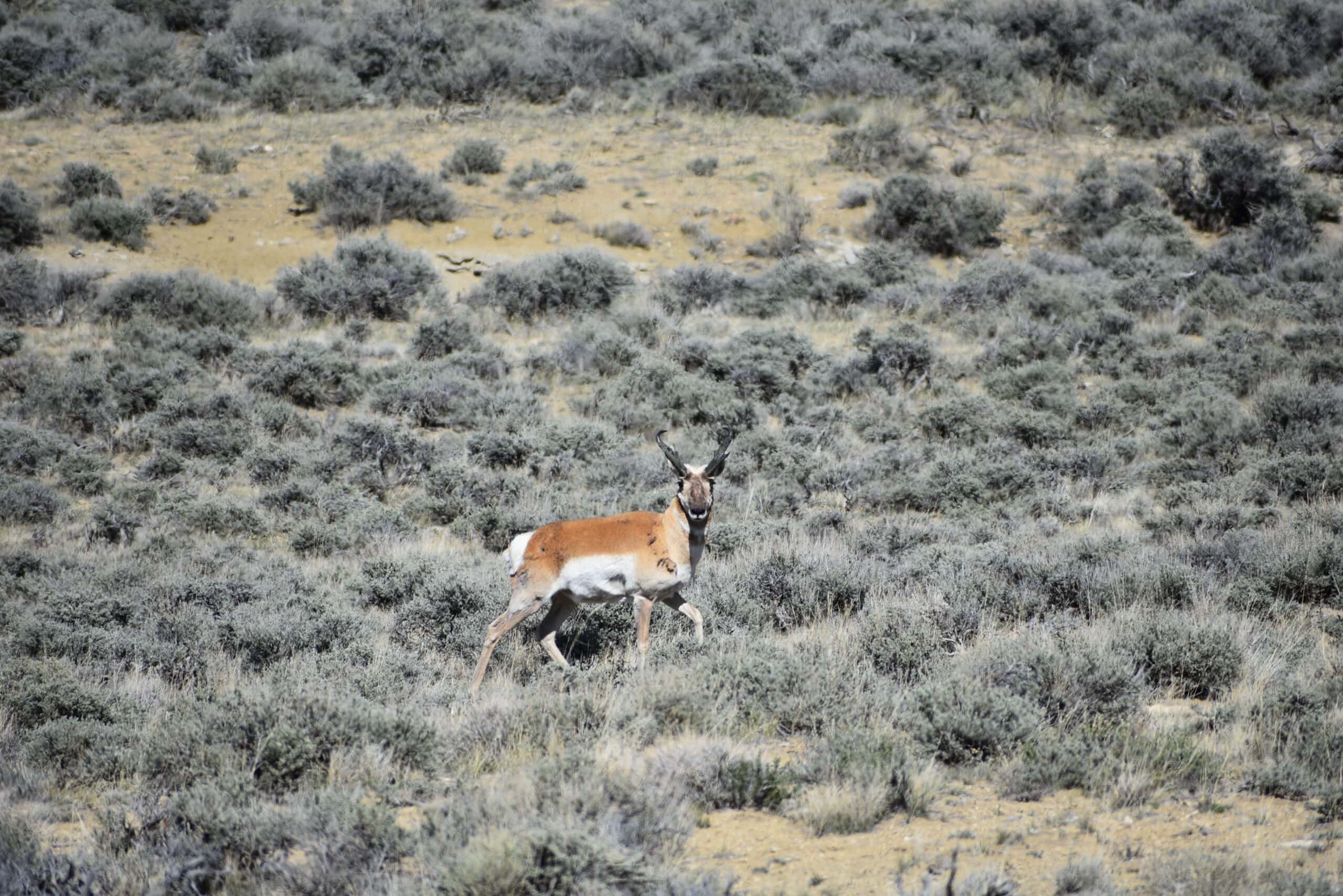Share this article
Senate infrastructure bill includes wildlife funding
The U.S. Senate passed a $1.2 trillion infrastructure bill last week that will provide funding for wildlife crossings and invasive species control, among other funding for ground transportation and other infrastructure.
The “Infrastructure Investment and Jobs Act” includes $350 million for a Wildlife Crossings Pilot Program, which would provide grants to states, tribes, local communities, federal agencies and others land managers to fund the wildlife crossing construction and to improve habitat connectivity. The bill also calls for a nationwide study of wildlife-vehicle collisions and new national guidance to help determine when a state should put mitigation measures in place to reduce such collisions.
The legislation also would provide $100 million each to the Departments of the Interior and Agriculture for invasive species detection, research, prevention and eradication. The Senate bill, however, does not include some wildlife provisions related to habitat connectivity that passed in the House’s bill.
Last month, the House of Representatives passed a $715 billion bill to extend the current legislation governing federal highways for another five years. That legislation contains a total of $500 million for wildlife crossings, as well as $75 million per year for wildlife corridors, which was not included in the Senate bill.
House leadership has indicated that it will not vote on the Senate-passed infrastructure bill until the Senate also passes a budget reconciliation bill, which could take several weeks.
Last year, The Wildlife Society joined nearly 40 other organizations in asking the Senate Transportation and Infrastructure Committee to consider wildlife in upcoming transportation legislation and to incorporate wildlife provisions included in the Senate transportation bill, approved by the Environment and Public Works Committee in January 2020.
Header Image:
The Senate-passed infrastructure bill would provide funding to construct wildlife over and underpasses.
Credit: Washington State DOT








